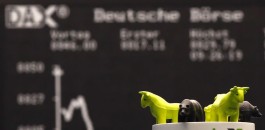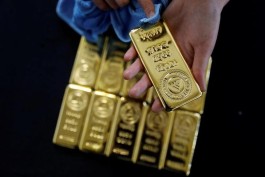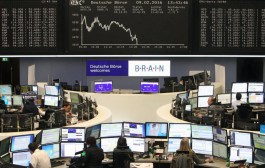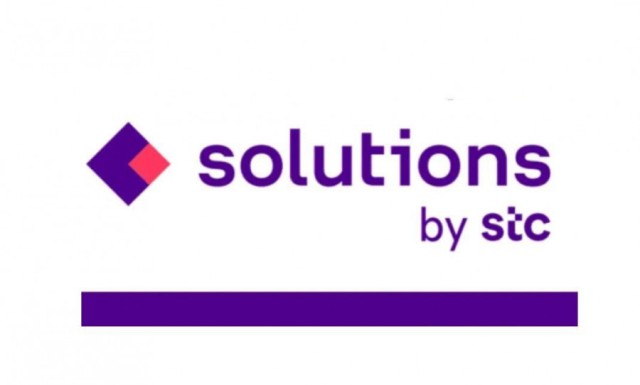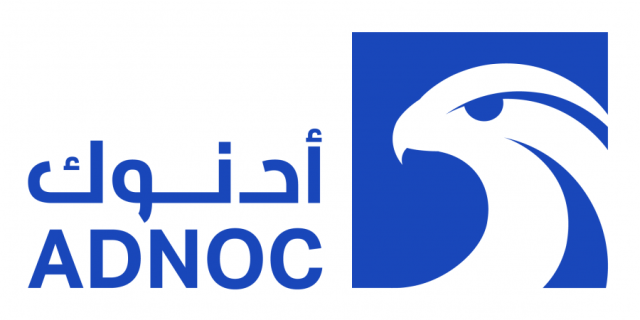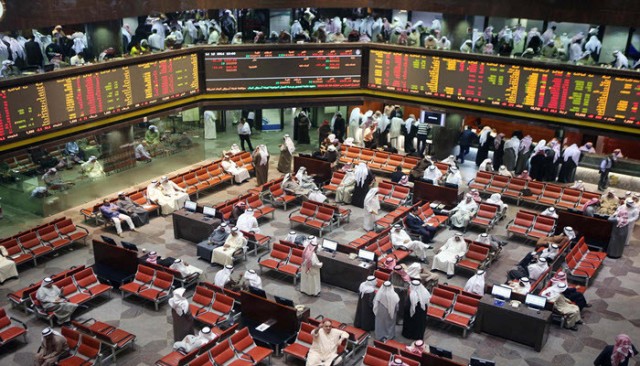FTSE Russell has set the last day of September for a decision on upgrading the Saudi debt stock exchange to the FTSE bond index of government bonds in emerging markets denominated in local currency. In one of the most important financial turning points related to foreign investment in the history of local financial markets, after a series of continuous upgrades to stock market indices that occurred between 2019 and 2020.
FTSE indicated in a statement that it will consult the regional advisory body for fixed income instruments in the coming days, before its meeting on September 30, 17 days from now, In order to discuss the promotion of the Saudi debt market.
The index is of interest to foreign investors because it gives them the possibility to invest in a limited number of debt markets in emerging markets, in the local currency of each country, according to the Saudi Economic Gazette.< /p>
This move will contribute to attracting billions of dollars from foreign investors to the local debt markets, after the upgrade takes effect.
These developments come after the meeting in late March, the results of which showed that the FTSE committees decided to postpone awarding Saudi Arabia, along with India, a rating of 1 that would have been sufficient to obtain Upgrade directly to the international index.
We will wait until the next meeting in September of this year for the assessment of the Footsie committees.
According to a statement issued by FTSE, during the last period, there were consultations between investors and FTSE with local regulators in Saudi Arabia.
The last period witnessed a noticeable increase in the number of brokerage firms that succeeded in addressing the technical problems related to electronic trading platforms, enabling individuals to carry out buying and selling operations on government instruments in the manner necessary. The same in which they trade stocks.
Government sources revealed that the number of brokerage firms, which have the infrastructure to accept requests for buying and selling fixed income instruments, rose to 8 companies, after 27 months. From the announcement of reducing the face value of the instrument from one million to one thousand riyals.
This data means that the number of brokerage firms specialized in trading debt instruments through individuals has jumped by 300% compared to what it was previously when this number stood at only two companies.
While the number of brokerage firms in the Saudi stock market is 30, this number varies with the sukuk and bond market.


















